39年白求恩临终前,向聂荣臻提出要求:请给我的离婚妻子拨一笔钱
s, You Shenghua and Meng Yi, \"When I return next summer, I’ll bring her back to China.\" Meng Yi asked curiously, \"Who is she?\" With great excitement, Bethune responded, \"Her name is Frances. We’ve divorced twice, but I plan to ask for a reunion and bring her back with me—never to be apart again.\" As he spoke, his enthusiasm was palpable, and he imagined not being alone, but a couple, just like You Shenghua and Meng Yi.
However, as Bethune planned to return home, the Japanese military launched a massive winter offensive in the western regions of the Jin-Cha-Ji area, deploying over 50,000 troops. The battlefield was filled with casualties, prompting Bethune to delay his departure. He told Nie Rongzhen, \"I cannot abandon my comrades; I cannot leave during the fighting. I will leave when the battle ends.\"
On October 27 of the same year, the fierce Battle of Motianling broke out, and by morning, over 40 wounded soldiers were sent to the rear. Bethune immediately led his medical team to a ruined temple on a hill in Sunjiazhai to set up a temporary surgery station. The sounds of gunfire and artillery echoed in the valley as stretchers passed by enemy positions. Bethune ordered that lightly injured soldiers be treated and sent to the rear hospital, while severely wounded soldiers, no matter the number, would be treated by him personally.
As the battle raged on, Bethune remained in the temple, working tirelessly until 6:00 p.m. the next day. The Japanese forces, now closing in on the temple, posed a threat of encirclement. Despite the danger, Bethune refused to leave until he had finished treating the wounded. The sounds of gunfire were growing closer, and the soldiers urged him to evacuate. But Bethune insisted on continuing, saying, \"I will not abandon any of the wounded.\"
As the enemy advanced, he managed to set up two more operating tables, so his medical team could treat the remaining injured. The tension was palpable as the gunfire neared, but within the temple, the only sounds were the hurried breaths of the wounded and the clattering of surgical instruments. After hours of performing surgery, only one soldier, Zhu Deshi, remained. The battle outside intensified, and the soldiers begged Bethune to leave, but he steadfastly continued his work. Only after finishing the final stitches did he agree to evacuate, moving to the next village.
The next day, after a long journey, Bethune arrived at the rear hospital. His finger, which had been injured during surgery, had begun to swell and become infected. Despite this, he continued to work tirelessly, performing surgeries and giving lectures, undeterred by his illness.
On November 1, 1939, Bethune planned to visit another hospital but insisted on inspecting the one he was leaving first. Upon checking a patient with a severe neck and head infection, he decided to perform surgery despite his injured finger. During the procedure, the bacteria from the wound entered his bloodstream, leading to sepsis.
Bethune's condition worsened rapidly, but he remained determined to continue working. He submerged his finger in saltwater to reduce the pain, but it was ineffective. Even as his fever soared, he continued to perform his duties. His infection, however, persisted, and his health declined further. His doctors were unable to save him, and on November 11, 1939, Bethune passed away at 5:20 a.m.
In his final days, Bethune was still concerned for the wounded soldiers and urged his colleagues to continue the work he had started. His last message was a testament to his revolutionary spirit: \"Strive forward, and open up the path for the great cause ahead.\"
His death was a profound loss to both the military and the local people. The residents of the Jin-Cha-Ji area mourned his passing deeply. On November 17, a grand funeral was held in his honor, followed by a memorial service in Yan'an, where Chairman Mao praised his unwavering dedication and revolutionary spirit.
Bethune's life was a sacrifice for the communist cause, and despite his love for Frances, he remained devoted to the revolutionary mission, even at the cost of his personal relationships. His legacy lived on in his contributions to medicine, the revolution, and his profound love for humanity.


